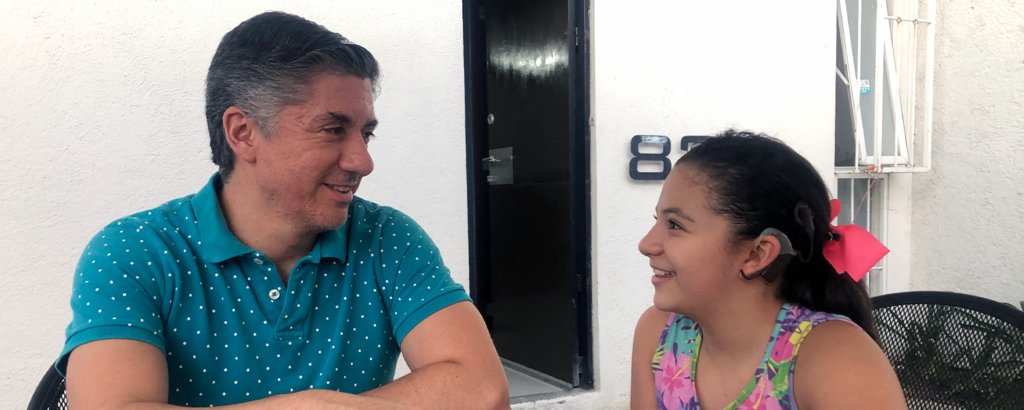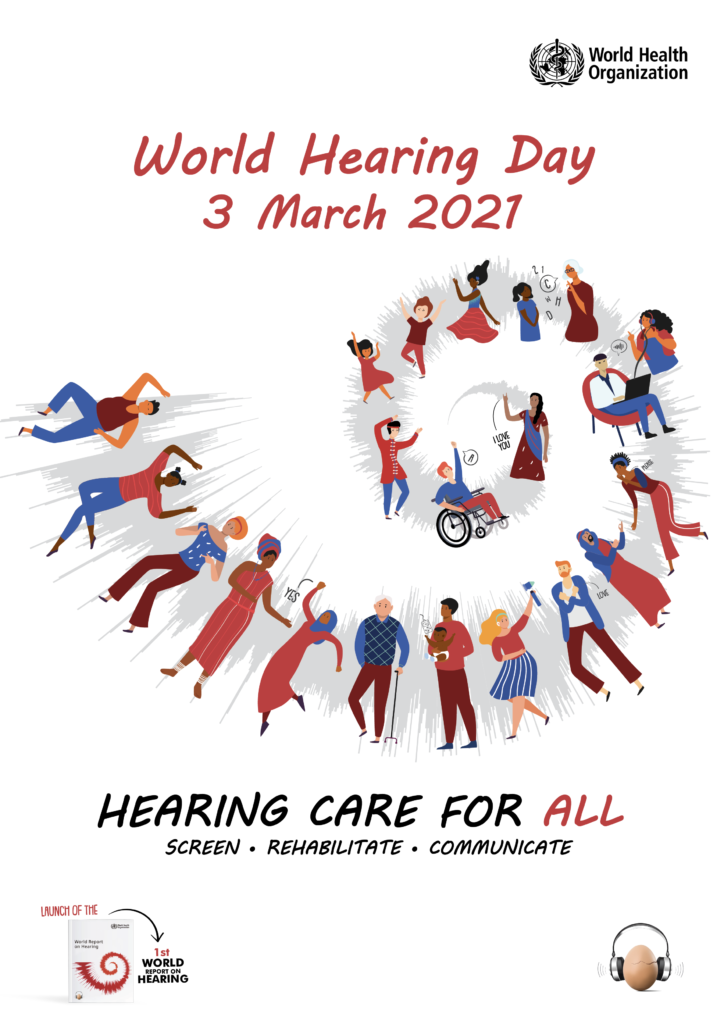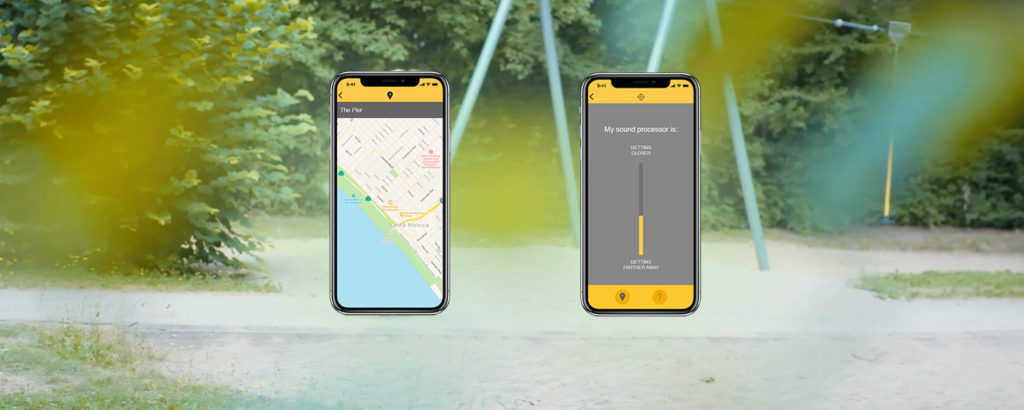Elri’s speech and hearing has been improving since she received her Cochlear™ Baha® 5 Sound Processor in 2019 and she quickly saw the benefits of using a Cochlear Wireless Mini Microphone at school. Now, having not only one, but two Mini Microphones at school, means teachers connect wirelessly to Elri’s sound processor as she enters the room, without bringing attention to her hearing loss.
‘When Elri enters the classroom, the teacher can connect their Mini Microphone while Elri is barely aware of it and there is no disruption to the class,’ says Elri’s mother, Antjie.
‘Previously, the process brought the whole classroom to a standstill every time there was a handover between teachers. That was most embarrassing for Elri. Now, when Elri leaves the classroom, the teacher just turns off the Mini Microphone – it feels more seamless.’
In this Q&A, Antjie describes the benefit of having two Mini Microphones, how her daughter gets the most out of the devices plus other tips for parents and students.
Q. What’s the benefit of two Mini Microphones at school?
A. Elri is constantly moving between classrooms for different subjects and she has several adults working with her every day, such as speech therapists.
When we only had the one Mini Microphone, the teachers had to hang it around Elri’s neck every time she moved to another classroom; and making sure she handed it on to the next teacher was often a problem.
She would refuse, or hide it, or pretend that she lost it, sending teachers searching, which was very disruptive to everyone. The teachers also forgot to send it on to the next room.
Since Elri’s Baha 5 can be connected to two Mini Microphones, her maths and English teachers both have one. It’s a big advantage.
And using the Baha Remote Control to connect to Elri’s sound processor when she enters the classroom means there is no disruption to the class.
Q. What tips do you give teachers when using the Mini Microphones?
A. Only use the Mini Microphone when teaching that student one-on-one or in a small group. If the teacher starts moving around the classroom, talking to different students, the Mini Microphone can be quickly muted by the teacher. Elri finds it impossible to focus on her work if the teacher keeps talking to other students, but not to her.
It did take a while to streamline everything at school. Teachers would forget to charge the Mini Microphone, which meant Elri would start the day with a flat battery.
In the early days, Elri wasn’t able to tell them if her devices were working or whether the batteries were flat.
It’s really important to encourage your child to speak up if they need help. Fortunately, Elri is not someone who suffers in silence. Now, if her teachers forget to turn the Mini Microphone on, or the battery goes flat, she is very quick to speak up.
Q. Does Elri have one specific teacher at school to help her?
A. To avoid damage or loss, we have found a great tip is to appoint one teacher to be responsible to help Elri manage her devices – to charge and replace batteries and safely store them when she’s not using them.
Q. Do you have any other tips for young students with a Baha system at school?
A. Wearing the Baha at school exposes Elri to a lot of noise that she didn’t need to cope with before. We allow Elri to take the Baha off for a break from time to time and also because the area behind the ear becomes sensitive sometimes.
Since Elri has Down Syndrome, she encounters other challenges as well, so we have made a policy to give her a break if she needs it. And she appreciates the opportunity to work in quiet.
It is important that she has a positive attitude towards the device, otherwise she is going to take it off whenever she likes. We try to slowly increase the time she is wearing it, but some days go better than others. But that’s ok.
Get to know Elri better. Read our article about how she rescued her chickens from danger here.




